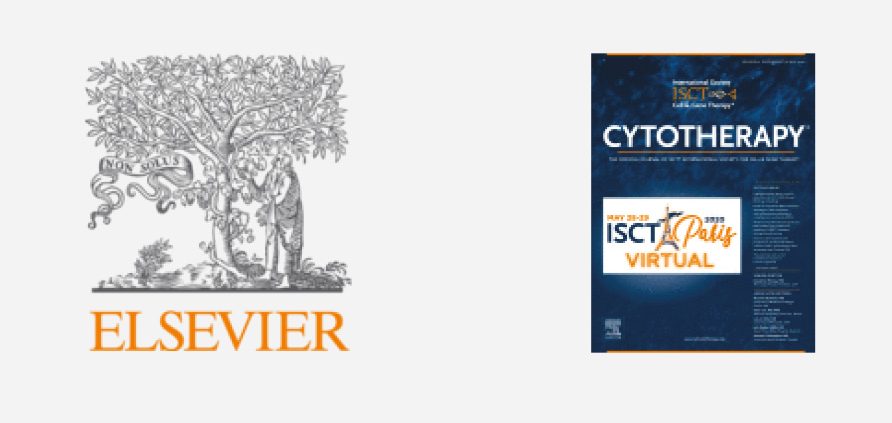MicroRNA Sequencing of Amniotic Fluid Derived Exosome Cargo Reveals a Therapeutic Potential for the Treatment of Osteoarthritis
M.A.Bellio1 Z.Abdullah1 D.Steward1 A.Khan2 X.Xu2 G.C.Shapiro1 A.Mitrani1 M.Mitrani1
1Organicell Regenerative Medicine Inc., Miami, Florida, United States
2Assureimmune, LLC., Miami, Florida, United States
Background & Aim
Exosomes are being tested for their use as therapeutic agents in degenerative diseases such as Osteoarthritis (OA). However, the optimal source of exosomes is currently under investigation. Amniotic fluid (AF) is a naturally rich source of exosomes that is easily obtained for use in regenerative medicine. Organicell Flow™ is a minimally-manipulated, acellular product derived from human AF and consist of 300+ cytokines/chemokines as well as exosomes derived from the amniotic membrane and surrounding tissues. We characterized the exosome fraction of our product to elucidate the miRNA cargo of AF exosomes and demonstrate the therapeutic potential as a novel OA treatment.
Methods, Results & Conclusion
The exosome fraction of our product was analyzed using Nanosight nanoparticle imaging and MacsPlex exosome surface marker array analysis. Exosomes were precipitated from 3 independent products (in triplicate) and subjected to RNA isolation for miRNA sequencing and identification. Bioinformatics was completed using the Qiagen IPA software.
Organicell Flow™ contains a mean concentration of 5.24 × 1011 particles/mL (n=12) with a mean mode size of 125.2nm (n=12). Surface marker analysis confirmed the presence of exosome associated proteins CD63, CD81, and CD9 in addition to high expression of CD133 (n=3). The completed sequencing revealed 102 commonly expressed miRNA (with a 100-copy expression minimum). Bioinformatics analysis linked 63 miRNAs to 1216 RNA targets. A top canonical pathway analysis revealed RNA targets associated with fibrosis, senescence, and OA pathways. Furthermore, IPA connected 31 miRNAs directly to 61 genes associated with OA such as RUNX2, TNFa, MMP-13, and WNT5a.
Organicell Flow™ characterization demonstrates the therapeutic potential of AF-derived exosomes. Sequencing revealed miRNAs that target an array of OA-associated genes that may suppress or revert OA symptoms and serve as a novel regenerative therapy.




Leave a Reply
Want to join the discussion?Feel free to contribute!